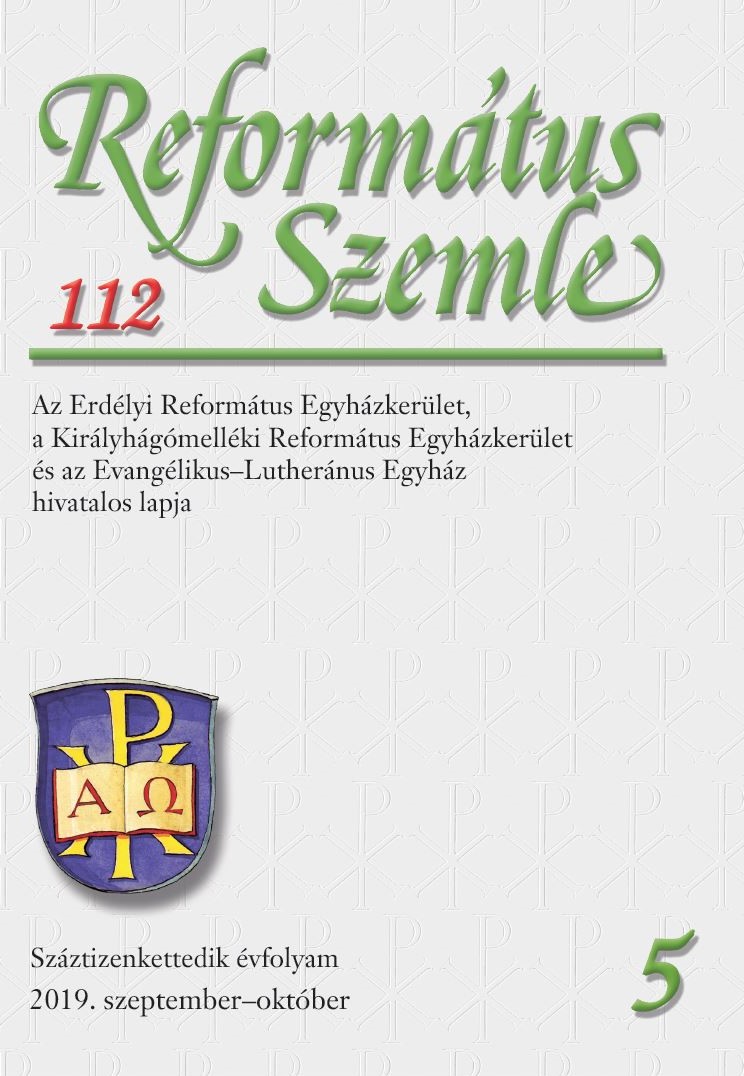A „kálvinista” jelző használata a 17. századi református teológiai irodalomban
The Use of the “Calvinist” Attribute in the Reformed Theology of the 17th Century
Author(s): Róbert OláhSubject(s): Christian Theology and Religion, History of Church(es), Theology and Religion
Published by: Erdélyi Református Egyházkerület
Keywords: 17th century;Calvinism;John Calvin;
Summary/Abstract: The aim of our study is to examine the designation “Calvinist” in the works of Hungarian Reformed theologians of the early modern age. Theologians mostly formulated their views on this subject within disputes with Roman Catholics. The Roman Catholics accused the Protestants of following the teachings of the reformers rather than those of Christ. The Calvinists consistently brought their church in connection with Christ. They rejected to call the church Calvinist mainly because of dogmatic considerations, claiming the primary place to Christ’s role in the redemption. Reformed theologians stressed that they did not receive baptism in Calvin. In the course of these disputes, they referred to the First letter of the Apostle Paul to the Corinthians. From a church historical viewpoint, it was a key issue to settle whether Calvinist churches originated in Christ or in Calvin – the latter involving accusations of innovation and heresy. With the appearance of István P. Czeglédi (1619–1671) a tactical shift can be witnessed. A number of theologians conditionally accepted the attributive use of the designation “Calvinist”, while others continued to reject it.
Journal: Református Szemle
- Issue Year: 112/2019
- Issue No: 5
- Page Range: 567-580
- Page Count: 14
- Language: Hungarian

